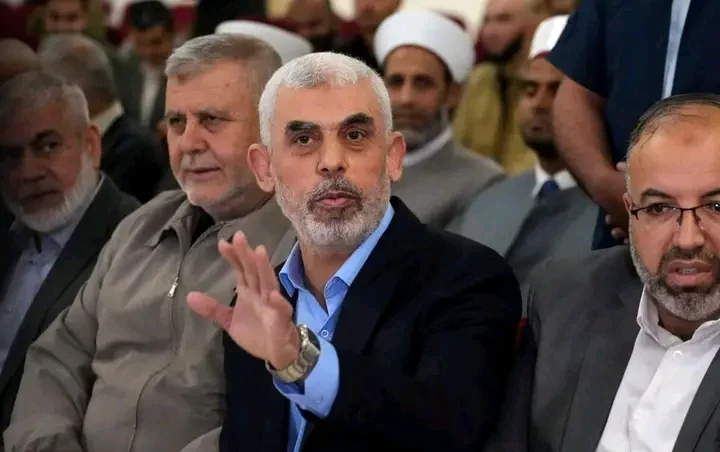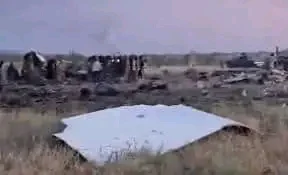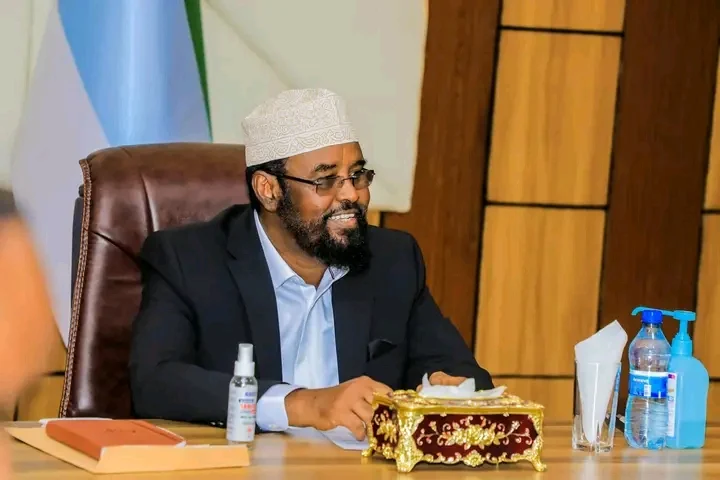Yahya Sinwar is one of the most important figures in Hamas, exceedingly popular in Palestinian politics. He was born in 1962 in Khan Younis of the Gaza Strip. During his childhood, Sinwar lived amidst societal and political turmoil. His childhood was spent under Israeli occupation, shaping him into a force of resistance and devotion to the Palestinian cause.
His political activism at a young age led him to join the Muslim Brotherhood, which paved the way for his later involvement with Hamas, founded in 1987 during the First Intifada. In 1988, Sinwar became one of the founding members of Hamas’s military wing, the Izz ad-Din al-Qassam Brigades, in which he wasted no time working his way into positions demanding both strategic acumen and leadership ability.
In 1989, Sinwar was arrested by the Israeli forces and sentenced to life in prison for his part in planning attacks against Israeli targets. While serving time in prison, Sinwar continued developing his ideological views and contact within Hamas; he was a mentor among inmates. He remained in prison until 2011 when he was released and went back to Gaza to an organization leadership role.
After his release, Sinwar became central within Hamas’s political structures. In 2017, he took over the leadership of Hamas in the Gaza Strip from Ismail Haniyeh. In fact, his leadership style took on a pragmatic approach that balanced military actions with political negotiations. While the resistance to Israeli occupation was underlined by Sinwar, this did not prevent him from trying to keep good relations with great regional players and negotiating ceasefires when that was needed.
During the sine qua non of Sinwar’s leadership, the major clashes with Israel included the 2018 Gaza border protests and the 2021 conflict, which escalated into an intense military confrontation. Under his rule, Hamas showed military strength, launching thousands of rockets into Israel, while at the same time sustaining heavy casualties in Gaza. Sinwar has strategized to make Hamas the most important representative for the Palestinians, often directly challenging the status of the Mahmoud Abbas-led Palestinian Authority.
Internationally, Sinwar was a divisive figure: to some, he represented the commitment to defend the rights of the Palestinians, while for others, his organization’s violence and tactics were an affront as they usually claimed civilian casualties. His leadership underlined a complex political panorama for the Palestinians, where different groups disputed influence amidst a continuing occupation and humanitarian crisis.
Then, Sinwar’s policy of governance in Gaza was about resisting as much as it was about governing. He wanted to provide Palestinians with better living standards in the Strip. Between blockades and continuous conflict, however, the scope for that was limited. Economic instability, infrastructure deterioration, and frequent clashes with both Israel and rival Palestinian factions lay at the heart of many challenges his administration has to deal with.
Later in his life, Sinwar continued to call for Palestinian unity, demanding the reconciliation of Hamas with the Palestinian Authority. His efforts have also been viewed skeptically by many in the political landscape, where deep divisions persist.
The life and heritage of Sinwar reflect the general Palestinian struggle, represent the complexity of leadership in a deeply divided and violence-ridden setting. When he died in 2023, it was the end of an era for Hamas, and thoughts of his legacy to the organization and the Palestinian resistance movement began to emerge.
Yahya Sinwar was the manifestation of resilience and intricacy in Palestinian politics, which his legacy will remind many of. This memory now will continue to set in motion debates about peace, resistance, and the future of the Palestinian people.




